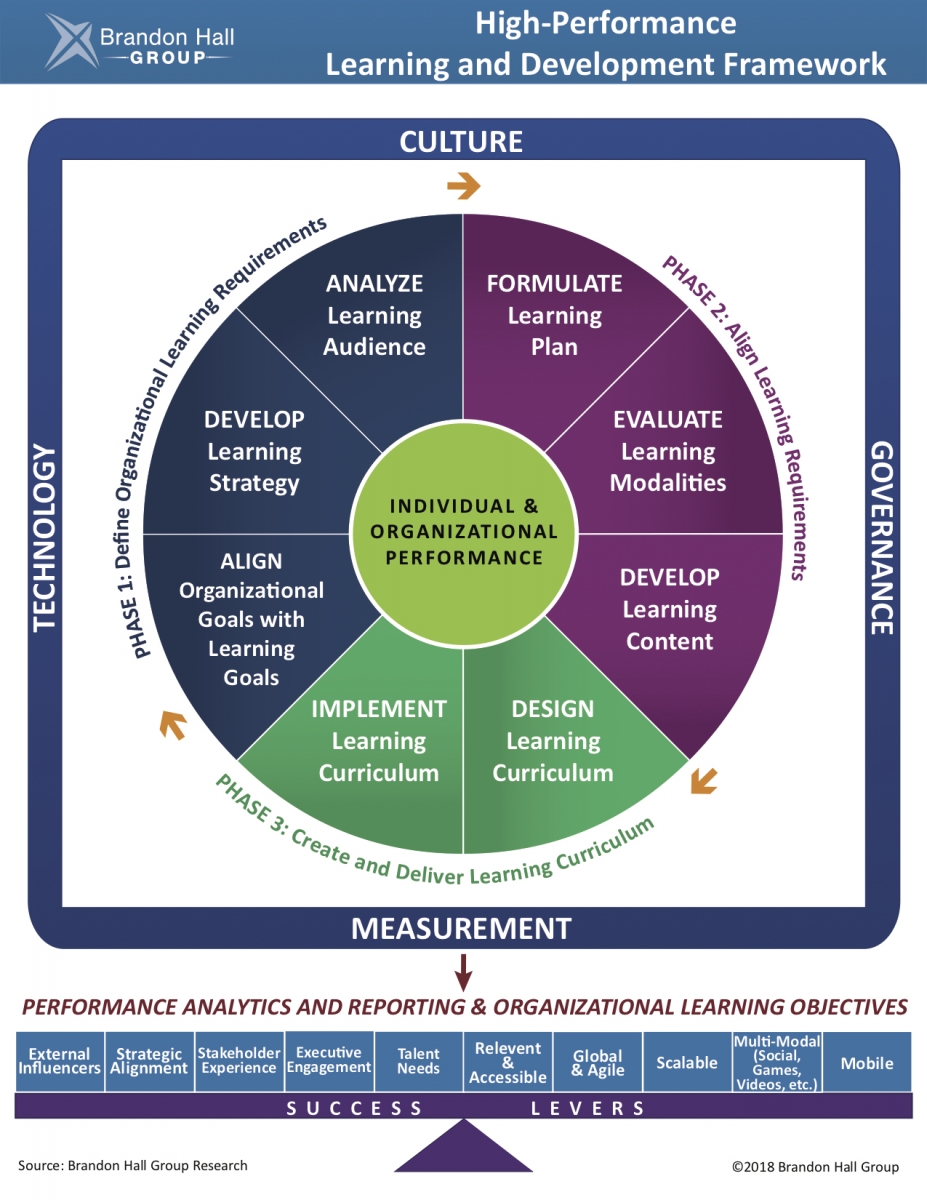The 23rd World Insights
Exploring the untold stories and events from around the globe.
When Your Job Feels Like a Dead End, Do This
Feeling stuck in your job? Discover powerful tips to break free and reignite your career in this must-read guide!
5 Signs Your Job is a Dead End and How to Move Forward
Recognizing when your job is a dead end can be challenging, but there are clear signs to watch for. One key indicator is a lack of growth opportunities. If you're not being offered chances for advancement or skill development, it could signify that your role is stagnating. Additionally, if you notice a consistent high turnover rate among your colleagues, it may hint at underlying issues within the company culture or leadership that limit career progression. Other signs include minimal feedback on performance, a lack of engagement from management regarding your career path, and feelings of being unchallenged in your daily tasks.
If you identify with these signs, it's essential to take proactive steps to move forward. Consider networking within your industry to open new doors that align with your career goals. You might also want to invest in further education or certifications to enhance your skill set and make yourself more competitive in the job market. Lastly, don’t hesitate to explore new job opportunities that can better align with your aspirations. Remember, acknowledging that your current position is a dead end is the first step toward finding a more fulfilling career path.

How to Find New Opportunities When Your Job Feels Stuck
Feeling stuck in your job can be frustrating, but it also offers a unique opportunity for growth and exploration. Start by assessing your skills and interests. Identify areas where you excel or passions you haven't had the chance to pursue professionally. Consider creating a list of your strengths and how they can be applied to different roles or industries. Networking is also vital; connect with professionals in fields that intrigue you. Attend seminars, workshops, or online meetups to increase your exposure.
Once you've assessed your skills, set clear goals for yourself. Whether it’s taking a course, working on a side project, or volunteering for new responsibilities at work, start mapping your journey to new opportunities. Expand your horizons by actively seeking feedback from colleagues and mentors. Their insights can help you identify areas for improvement and open doors you may not have considered. Remember, the key is to maintain a growth mindset; view your current situation as a stepping stone rather than a limitation.
Is It Time to Quit? Questions to Ask When Your Job Feels Like a Dead End
When you find yourself pondering, Is it time to quit?, it’s essential to ask yourself some revealing questions that can help clarify your situation. Start by assessing your job satisfaction: What aspects of your job do you enjoy, if any? Make a list of your responsibilities and rank them from most to least fulfilling. Next, consider the opportunities for advancement within your current company. Ask yourself, Are there clear paths for growth, or does it feel like I’m stuck in a rut? Understanding these factors can help you determine if your job truly lacks potential or if your mindset is clouding your perspective.
Another crucial question to reflect on is, How does my current role align with my long-term career goals? If the answer points to a significant disconnect, it may indicate that it’s time to explore other opportunities. Evaluate the external job market—Are there roles that excite you and match your skills elsewhere? Lastly, don't forget to consider your mental and emotional well-being. Ask yourself, How does my job affect my overall happiness? If your job feels like a dead end and is draining your enthusiasm, it might be time to take the leap and seek a path that reignites your passion.